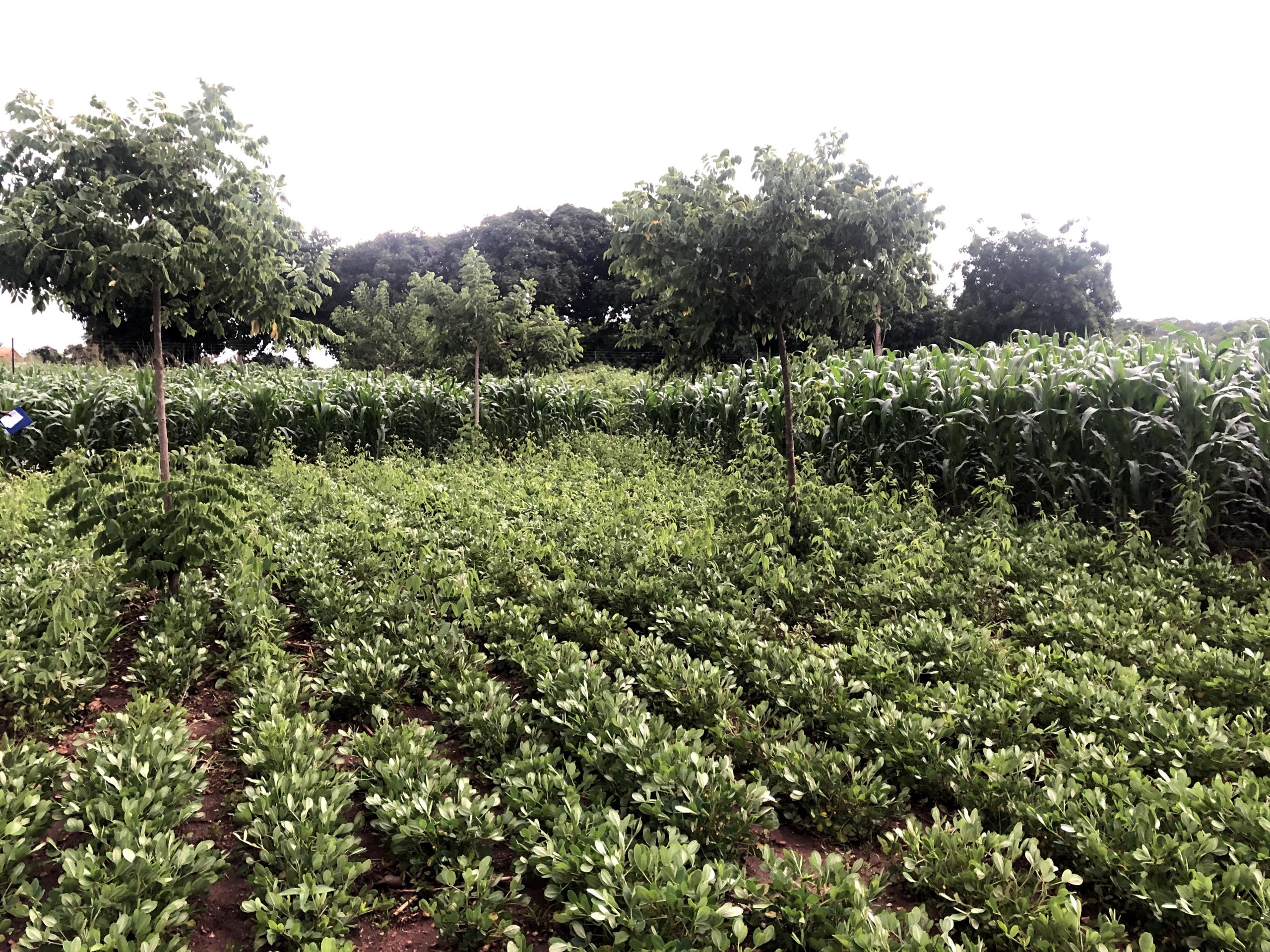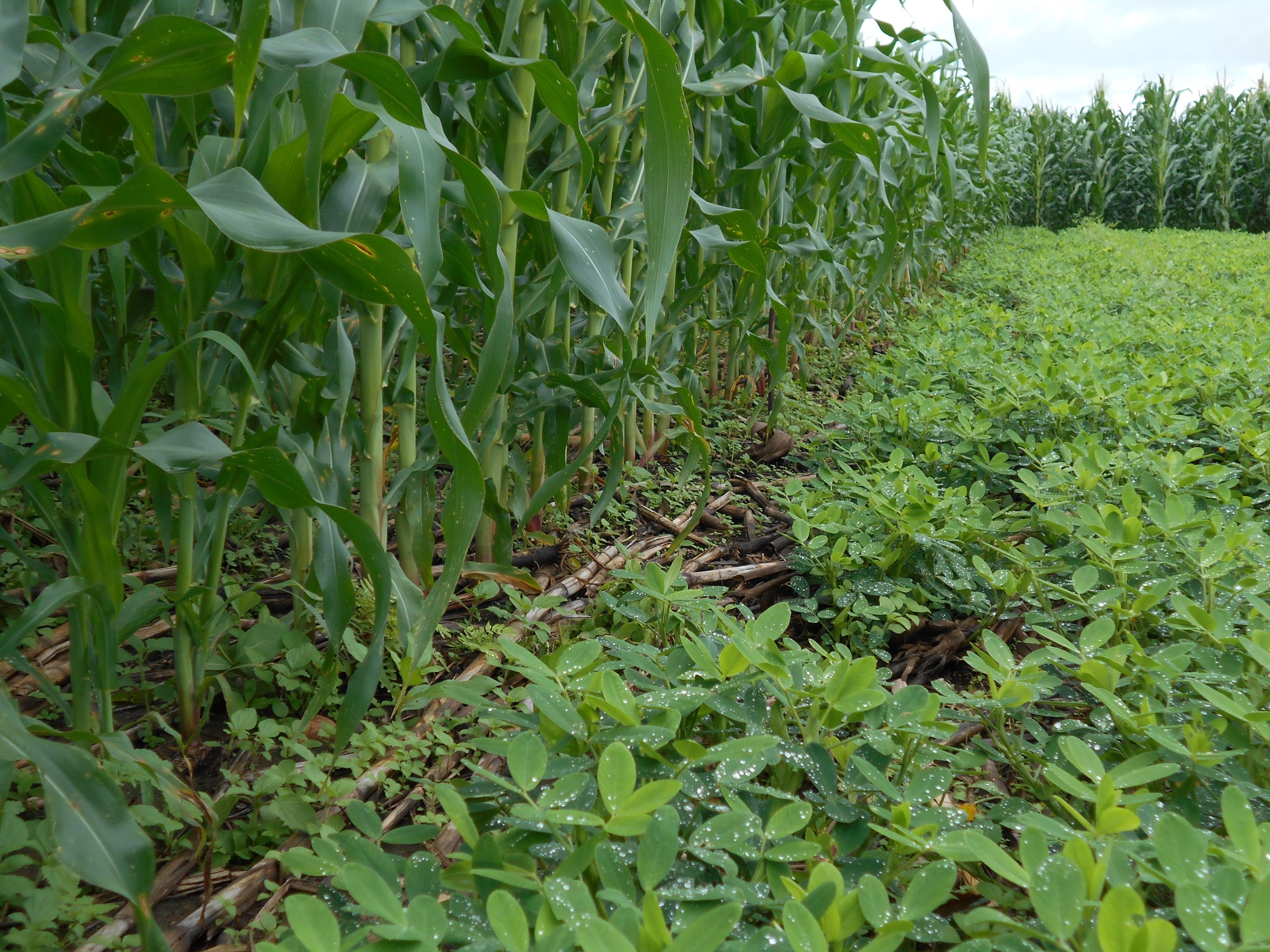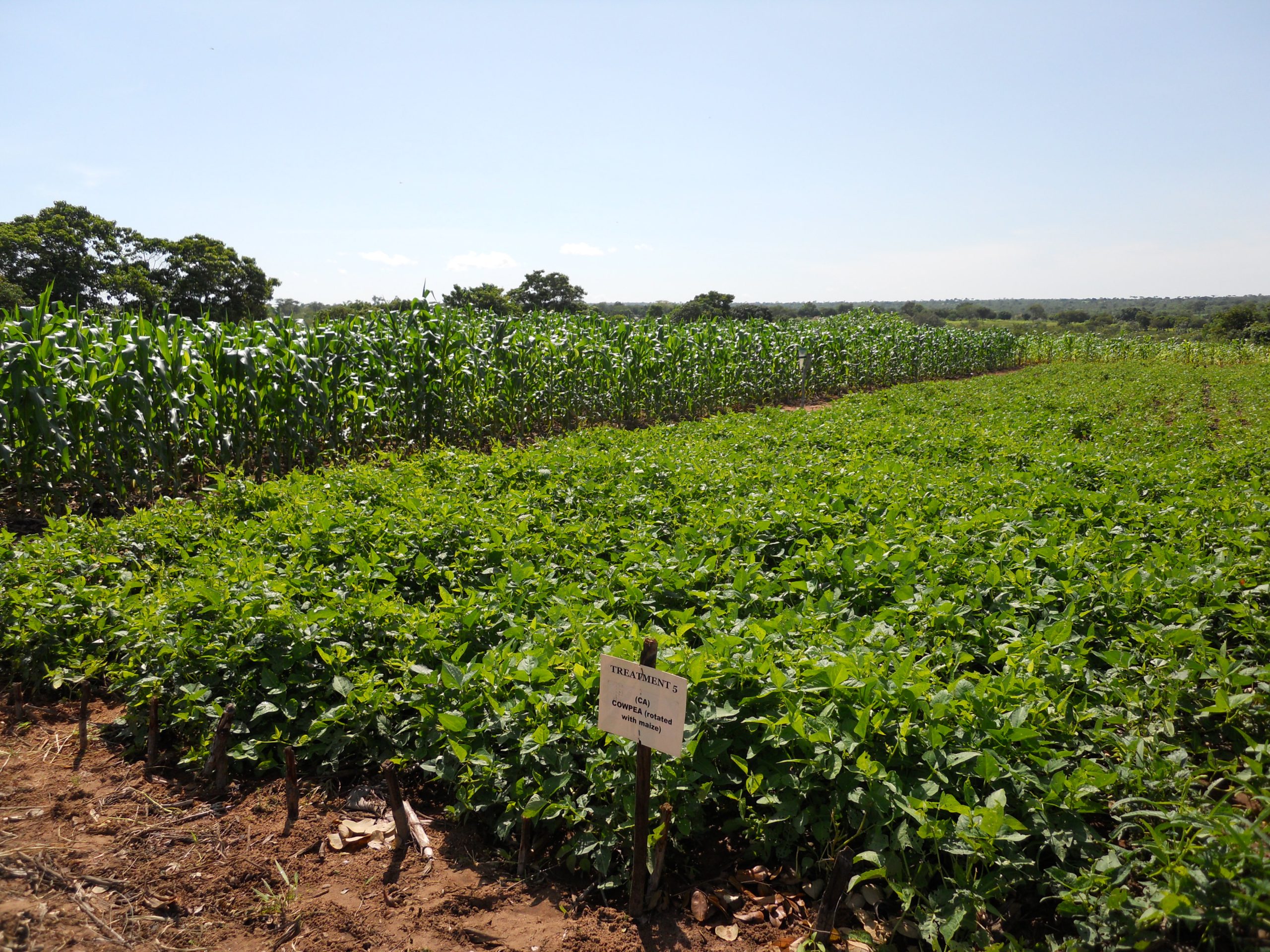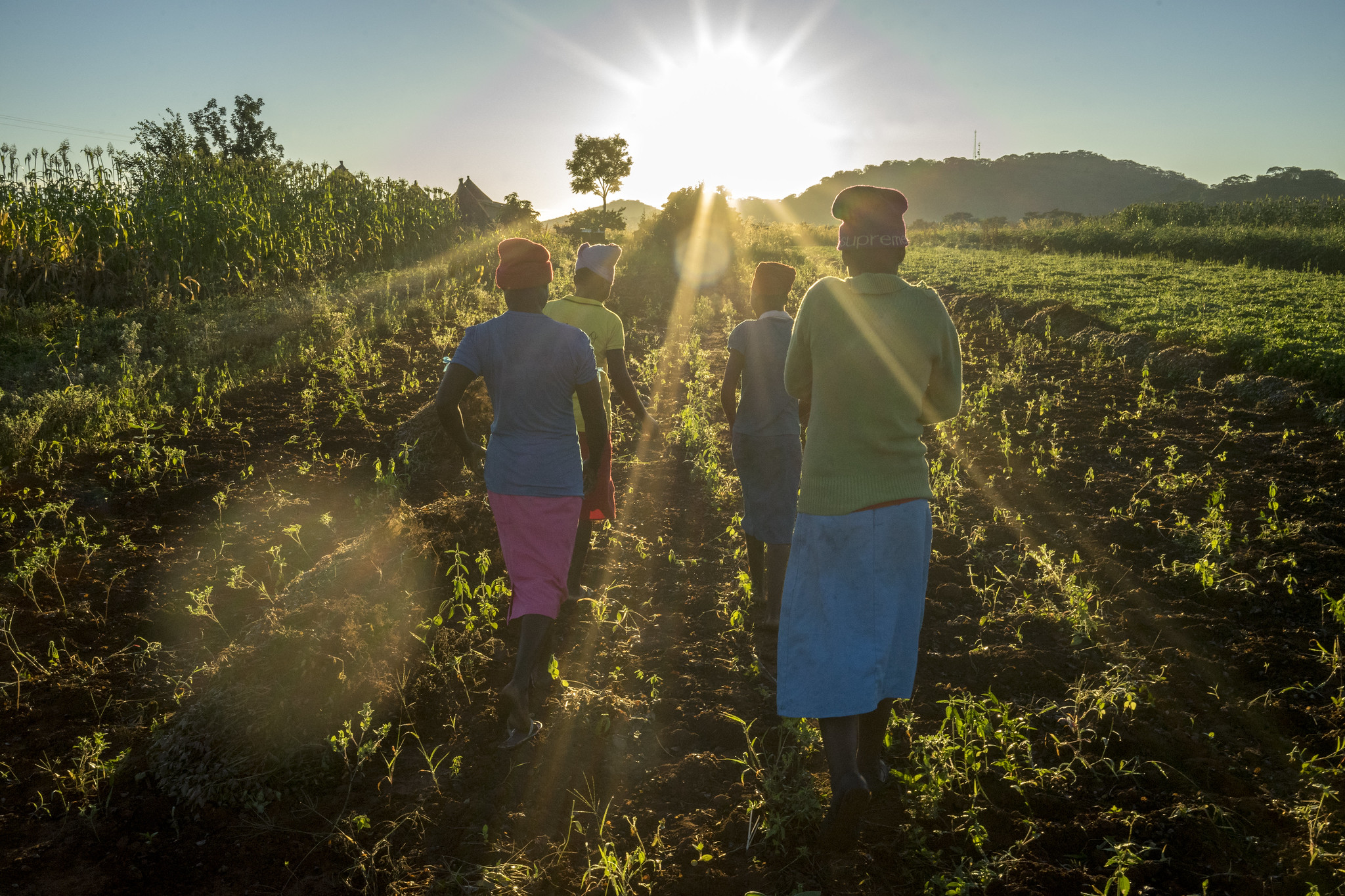Conservation agriculture (CA) has increasingly been promoted in southern Africa to address low agricultural productivity, food insecurity, and land degradation. Despite significant experimental evidence on the agronomic and economic benefits and the large scaling-up investments by donors and national governments, the adoption rates of CA practices among smallholder farmers are low and slow.
With funding from the Norwegian Agency for Development Cooperation (NORAD) and implemented by the International Institute of Tropical Agriculture (IITA) and CIMMYT, ACASA strives to understand “why previous efforts and investments to scale CA technologies and practices in southern Africa have not led to widespread adoption.” It is a three-year project implemented in Malawi, Zambia, and Zimbabwe, where CA is part of national policy.
Since 2021, the project has undertaken extensive surveys aimed to understand incentives, drivers, and barriers of CA adoption across the three countries (Malawi, Zambia, and Zimbabwe) typifying much of the southern Africa smallholder systems. The aim of the project is to consolidate the lessons learned so far and provide a pathway to scaling and foster the next generation of social, crop, agronomic and climate research; to mainstream CA enabled by fundamental paradigm shifts in farming practices, markets, and social institutions for sustainable intensification of smallholder farming systems of southern Africa.
Project objectives include –
- Understanding the contexts of smallholder farmer in southern Africa to identify the drivers and barriers preventing adoption of CA practices, including biophysical, socio-economic, institutional and policy constraints
- Identifying labor-efficient mechanization options for smallholder farmers
- Identifying opportunities and tools for better targeting of appropriate CA practices and options across heterogenous agroecologies and farm types, and
- Identifying approaches and strategies for inclusive scaling of CA practices (policy, institutional and value chain entry points and pathways to promote and scale CA)


 Climate adaptation and mitigation
Climate adaptation and mitigation 
